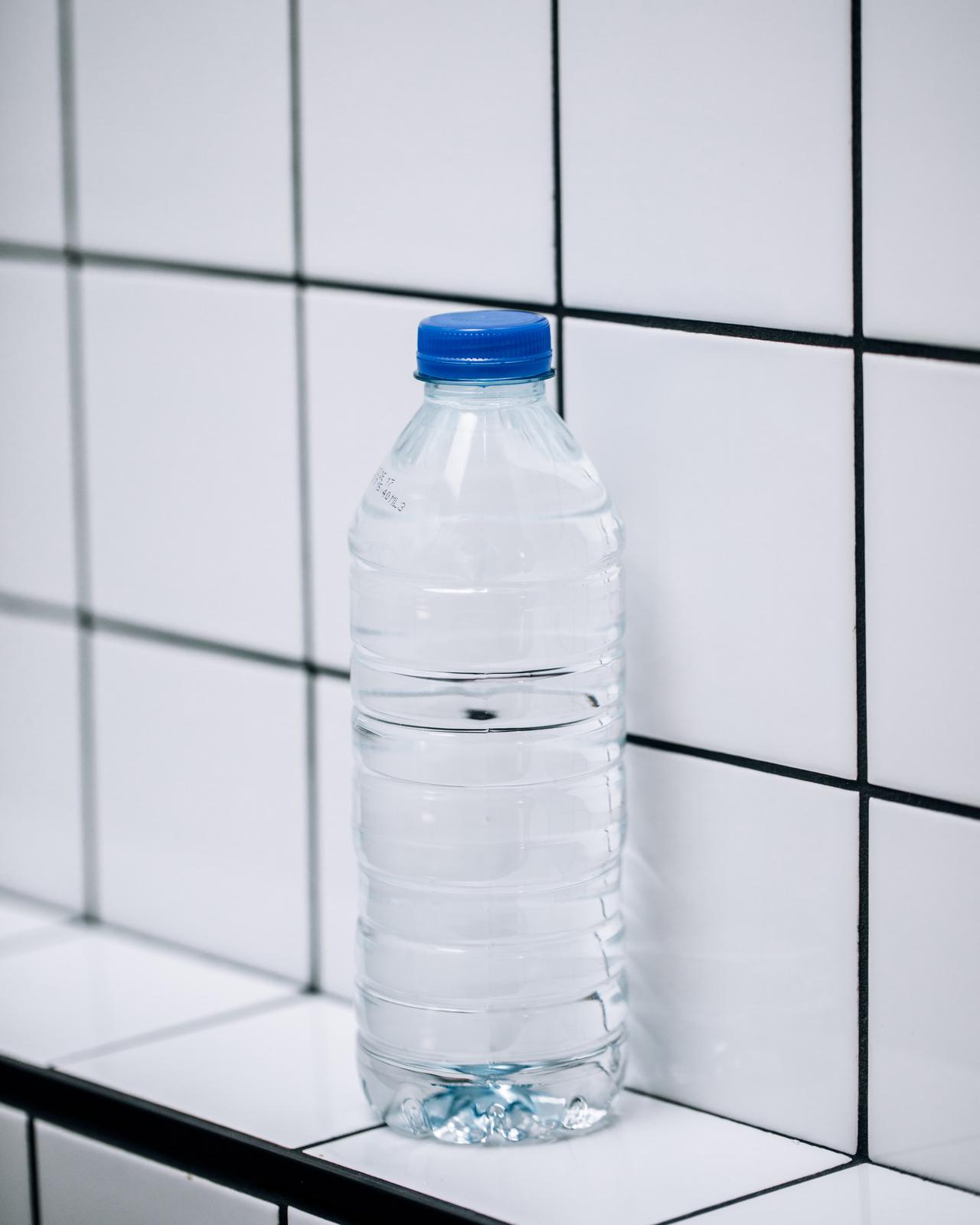There’s a lot you can manufacture with recycled plastic products, and a lot more to know about how it all works.
Recycling plastic is no obscure topic on a local, national, or global scale. Nearly everyone is familiar with the well-touted benefits of consistent, proper recycling.
At the same time, there’s a lot about recycling plastics that isn’t common knowledge, and if you’re considering working with a manufacturer focused on working with recyclable materials, it’s worth your while to do your homework ahead of time.
Many recycled plastic manufacturers receive three fairly common questions about the items they can produce, how recycled plastic is processed, and the real ecological impact created by recycled plastic materials. In this blog post, we’ll answer each one.
A very wide range of products can be made with recycled plastic, but what you can make depends in large part on the type of plastic you’re using.
The most commonly-recycled material, for example, is polyethylene terephthalate (PET). In the United States alone, about 1.5 billion pounds of PET bottles and containers are discarded every year.
PET is primarily used in plastic drink bottles and similar products, but its potential uses for manufacturing go beyond this standard application. In fact, this material alone is used in everything from home decorations to clothing, automotive parts, and more.
It’s hardly the only plastic material suitable for these kinds of products, though. Polyethylene foam, which we’ve written about before on our blog, is another cost-efficient, 100% curbside recyclable material used in a variety of common, frequently-used products, including packaging, sofas, and even yoga mats.
Recycling plastic involves two general steps: sorting and shredding, melting, or pelletizing. Recycled products are only suitable for reuse in newly-manufactured goods after they’ve gone through this process.
The steps involved in recycling aren’t necessarily the same across all resins and materials. The processing needs of recycled plastics are also a big part of where the costs of using them come into play.
Recycled plastic products aren’t processed entirely by a machine assembly line. Instead, they’re generally subject to manual sorting, requiring the labor of human employees. This process is necessary to reduce the potential for dangerous contamination, but considering the large amount of plastic scrap produced even in the U.S. alone, it’s time-consuming and requires the attention of a detail-oriented eye.
The short answer is yes, though unfortunately, there are a few factors that interfere with the environmental benefits recycled plastic manufacturing can offer.
The typical lack of cost-efficiency associated with recycled plastic processing disincentivizes some manufacturers from wanting to purchase with these materials, especially considering the difficulty and confusion many consumers face when it comes to appropriately separating their recyclable materials. Many recycled materials ultimately don’t actually end up being used in new products.
That being said, the beneficial impact of reusing plastic materials in new products is very real. In terms of energy savings, 1 ton of plastic containers created with recyclable PET conserves 7,200 kilowatt hours. Additionally, keeping recyclable plastics within the supply chain keeps them out of landfills and oceans longer, where they’d otherwise degrade and pollute natural environments over hundreds of years.

Becher Plastics is a Fox Valley plastic manufacturer that believes recyclable plastic materials are worth the investment. We buy and sell these materials, including polyethylene foam, for the use of local Wisconsin manufacturing businesses. To learn more, contact us today.